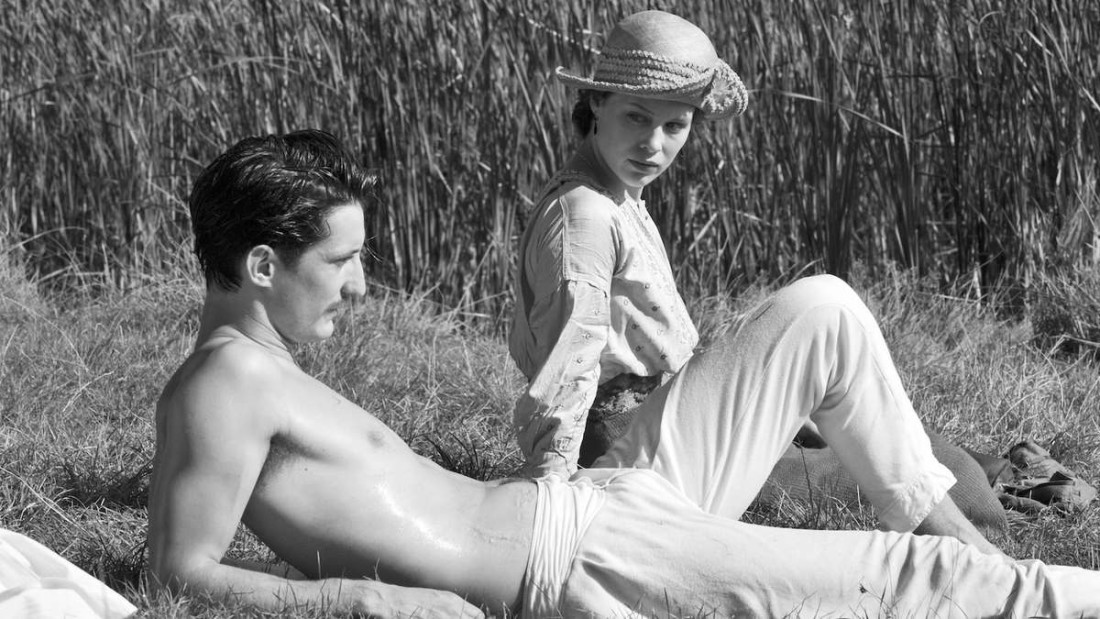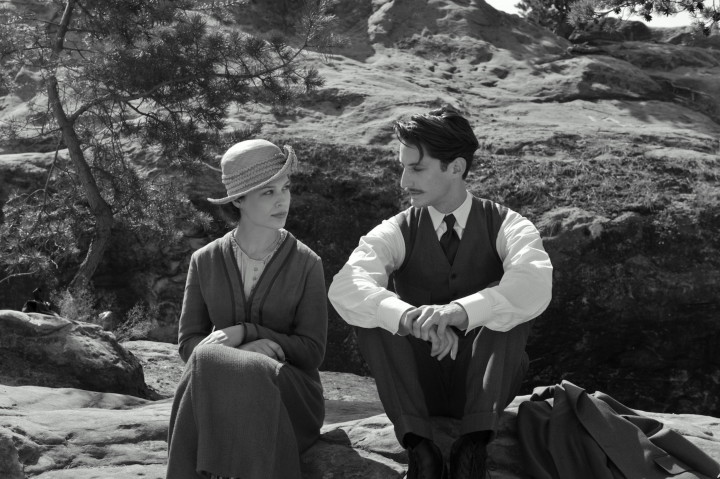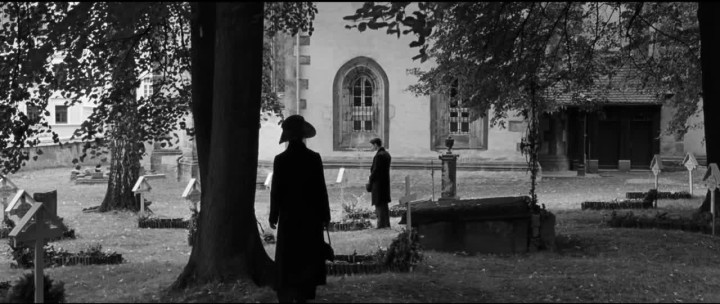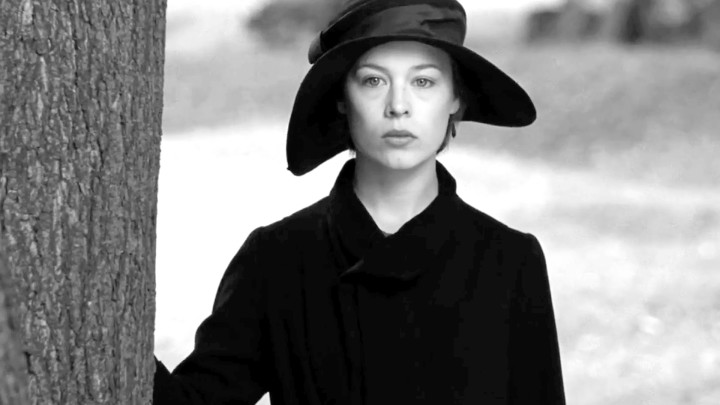I think we can all agree that World War I was a tragic waste of human life on an unprecedented scale. Having established that, I will point out that the popular demonization of the role Germany played in that conflict has gone largely unchallenged by most filmmakers. Somewhat surprisingly, French arthouse cinema darling François Ozon has placed himself in that rare minority with his latest film, the Ernst Lubitsch retread Frantz. The result is a film that lacks the sentimentalist charm of its source material and takes some interesting — if not always effective — narrative risks, distancing it from its predecessor but nonetheless delivering an engaging and thought-provoking cinematic experience.
Ozon plays fast and loose with Lubitsch’s 1932 Broken Lullaby, which is probably for the best since Lullaby is definitively second-tier Lubitsch. It’s by no means a bad film, but I saw it for the first time at some point in the last six months and had completely forgotten that I’d ever watched it — at least until Ozon cribbed a scene almost shot for shot and jogged my memory. But if Lullaby is middling Lubitsch, Frantz holds the same dubious distinction within Ozon’s oeuvre, striving to make a social statement at the expense of comprehensive narrative development. The story ideas are there, but the execution is found to be largely lacking by the end of Ozon’s hastily amended third act.
As with its predecessor, Frantz is set in a small German town immediately following World War I, the lingering wounds of the Great War still evident in scars both visible (Ozon produces some dramatic texture with a few well-placed amputees) and, more perhaps significantly, psychological. The town doctor has lost his son Frantz (Anton von Lucke) to the trenches, and his grief-stricken family is firmly ensconced in a deep hatred of the French for their role in the young soldier’s death. When a mysterious Frenchman named Adrien (Pierre Ninney) is found to be placing flowers on the son’s symbolic grave, questions arise — as does the Francophobic ire of the townspeople. But as the stranger gradually ingratiates himself to the mourning family, a plot twist emerges.
This twist is integral to the plot of both films, and Ozon makes only one significant adjustment to the Lubitsch template — in this film, the romantic attachment Adrien develops is not with the deceased’s sister, but with his fiancé Anna (Paula Beer). The change is part of a larger game Ozon is playing with the audience, and one that very nearly pays off. That said, the alterations Ozon is making lead to such a dramatic shift in tone in the third act that the film never recovers by its final scenes and overly abrupt conclusion. Most of the film is shot in beautiful black and white, but color starts to creep in during flashbacks in which Adrien regales Frantz’s family with stories of their friendship in Paris before the war. A conceit that initially appears to indicate memories of happier times long past is instead used by Ozon to connote episodes of emotional fulfillment — not the only bait-and-switch the filmmaker is utilizing here, but one that leads to an ending that can only be described as a painfully disappointing cop-out.
Ozon is trying to tell a story about the pitfalls of xenophobic fear of the Other, as was Lubitsch — but while the latter resolves his narrative with a point of optimistic reconciliation, the former comes down on the side of irreconcilable difference. The director takes matters a step too far in trying to reveal the mendacity of those truly responsible for wars and, in so doing, only succeeds in revealing his own. Rated PG-13 for thematic elements including brief war violence. French and German dialogue with English Subtitles. Opens Friday at Fine Arts Theatre.









Before you comment
The comments section is here to provide a platform for civil dialogue on the issues we face together as a local community. Xpress is committed to offering this platform for all voices, but when the tone of the discussion gets nasty or strays off topic, we believe many people choose not to participate. Xpress editors are determined to moderate comments to ensure a constructive interchange is maintained. All comments judged not to be in keeping with the spirit of civil discourse will be removed and repeat violators will be banned. See here for our terms of service. Thank you for being part of this effort to promote respectful discussion.